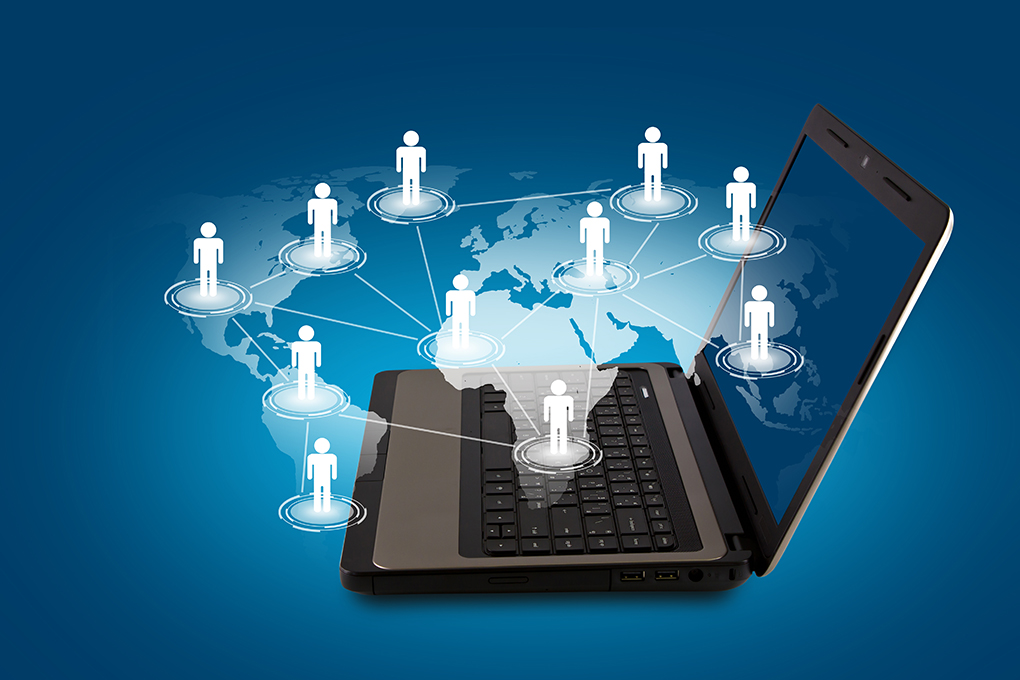
Communication is more than just the exchange of words; it is the lifeline of human interaction and the bedrock of society. From personal relationships to professional environments, communication is fundamental to understanding, cooperation, and progress. Its importance cannot be overstated, as it influences every aspect of our lives.
Building and Sustaining Relationships
At the heart of any relationship is effective communication. Whether it’s a friendship, family connection, or romantic partnership, the ability to convey thoughts and emotions clearly and empathetically is crucial. Communication fosters trust, deepens bonds, and resolves conflicts. Without it, misunderstandings and resentment can fester, leading to breakdowns in relationships. Open, honest, and respectful dialogue ensures that all parties feel valued and understood, creating a foundation for lasting connections.
Enhancing Professional Success
In the professional realm, communication skills are indispensable. From team collaborations to client interactions, clear and effective communication can be the difference between success and failure. Good communication helps to convey ideas clearly, align team goals, and ensure everyone is on the same page. It facilitates problem-solving and innovation by encouraging the exchange of diverse perspectives. Additionally, strong communication skills are often linked to leadership and career advancement, as they enable individuals to inspire, influence, and negotiate effectively.
Facilitating Education and Learning
Education is fundamentally a communicative process. Teachers convey knowledge through lectures, discussions, and feedback, while students demonstrate understanding through their responses and questions. Effective communication in education ensures that concepts are understood, instructions are followed, and curiosity is encouraged. It also helps in creating a supportive learning environment where students feel comfortable expressing their thoughts and uncertainties.
Driving Organizational Success
Organizations thrive on effective communication. Clear internal communication ensures that employees understand their roles, responsibilities, and the company’s objectives. It fosters a culture of transparency and collaboration, leading to higher employee engagement and productivity. Externally, effective communication with customers, stakeholders, and the public helps build a strong brand image and trust. Organizations that prioritize communication are better equipped to navigate challenges, adapt to changes, and achieve their goals.
Promoting Mental Health and Well-being
Good communication is vital for mental health and well-being. Expressing thoughts and emotions helps individuals process their experiences and relieve stress. In therapeutic settings, effective communication between therapists and clients is crucial for diagnosing issues, providing support, and developing treatment plans. On a personal level, having open channels of communication with friends and family can provide emotional support and prevent feelings of isolation.
Resolving Conflicts and Avoiding Misunderstandings
Conflicts are a natural part of human interaction, but how they are managed depends largely on communication. Effective communication helps to address issues directly and constructively, allowing for resolution and understanding. It involves not just speaking, but also active listening – understanding the other person’s perspective and finding common ground. Poor communication, on the other hand, can escalate conflicts and lead to long-term animosity.
Enhancing Personal Development
Communication is also a tool for personal growth. Through dialogue and feedback, individuals can gain new insights, learn from others, and reflect on their own experiences. Engaging in meaningful conversations can broaden one’s perspective, enhance critical thinking, and foster self-awareness. It also builds confidence, as individuals become more adept at articulating their thoughts and engaging with others.
Bridging Cultural Divides
In a globalized world, effective communication is key to bridging cultural divides. Understanding and respecting different communication styles and cultural norms is essential for fostering international relationships and cooperation. It promotes empathy and reduces prejudices, enabling people from diverse backgrounds to work together harmoniously.
Adapting to Technological Advancements
The advent of digital communication tools has transformed the way we interact. While these technologies offer new opportunities for connection, they also present challenges. Effective communication now involves navigating digital platforms, understanding online etiquette, and maintaining clarity in written communication. Adapting to these changes is essential for maintaining personal and professional relationships in the digital age.
Conclusion
Communication is the cornerstone of human interaction, influencing every aspect of our lives. Its importance lies in its ability to build relationships, drive professional success, facilitate education, promote well-being, resolve conflicts, and foster personal growth. As we continue to advance technologically and culturally, the ability to communicate effectively remains a vital skill. By prioritizing and honing our communication skills, we can enhance our interactions, achieve our goals, and create a more connected and understanding world.



